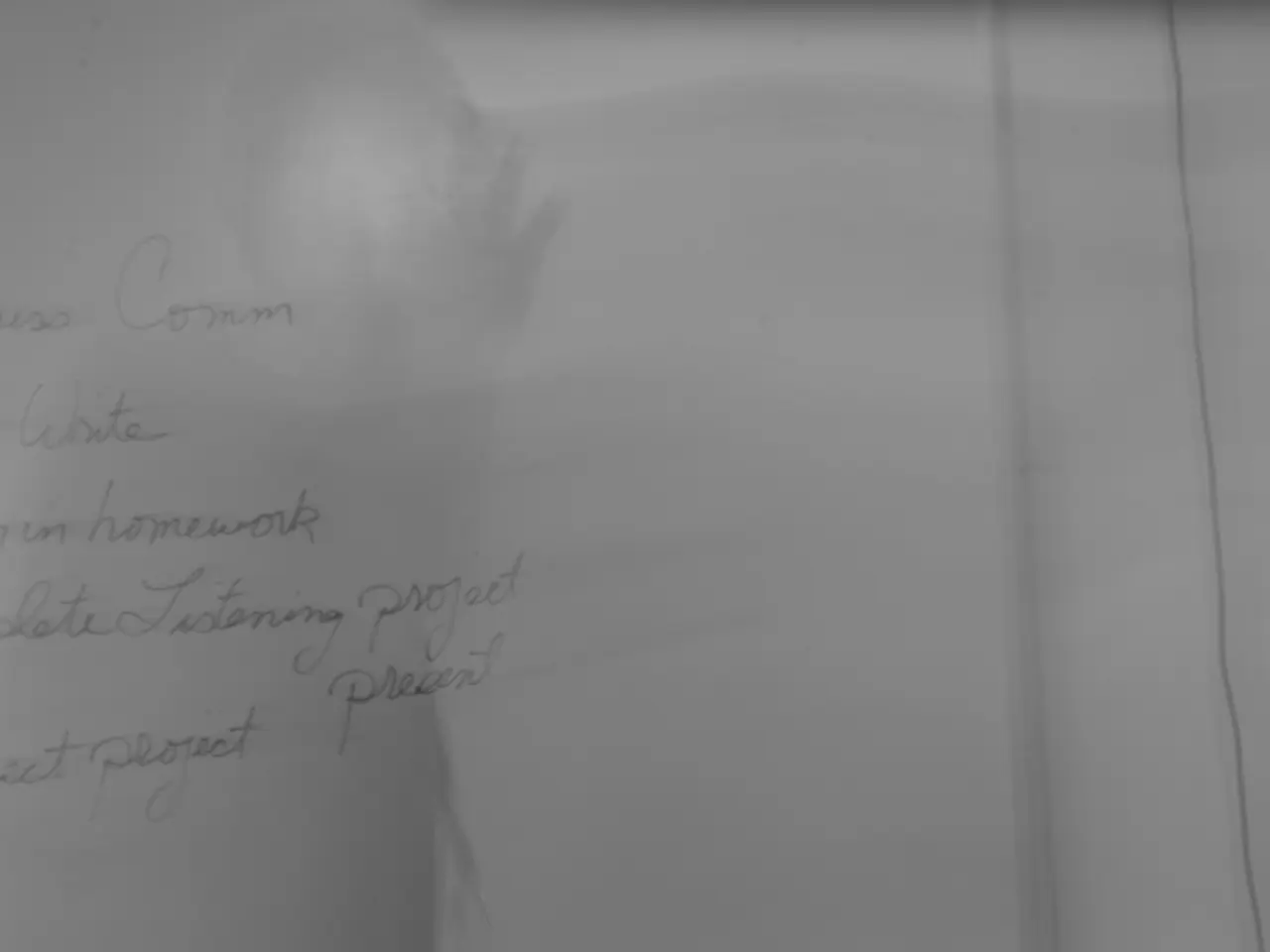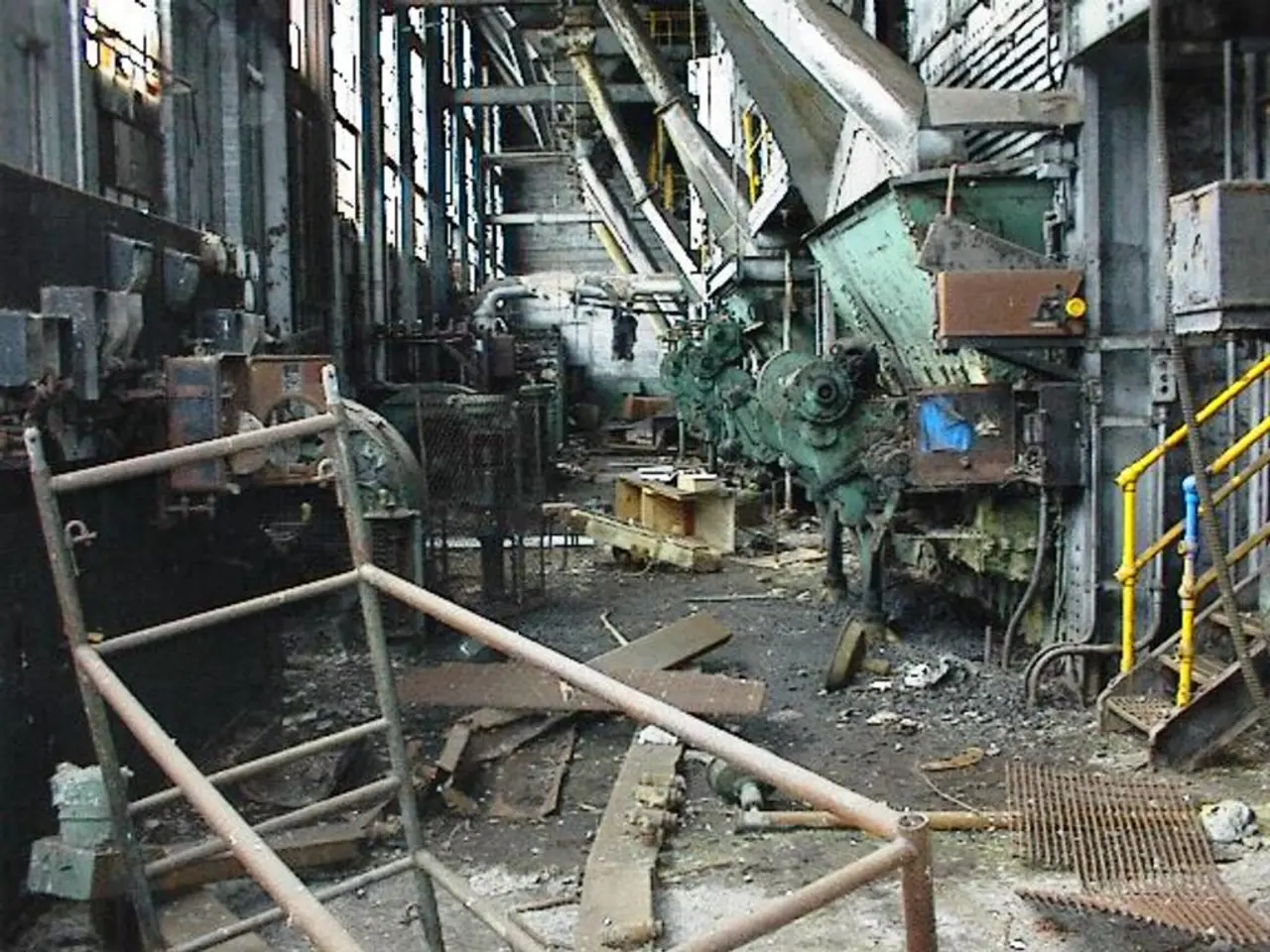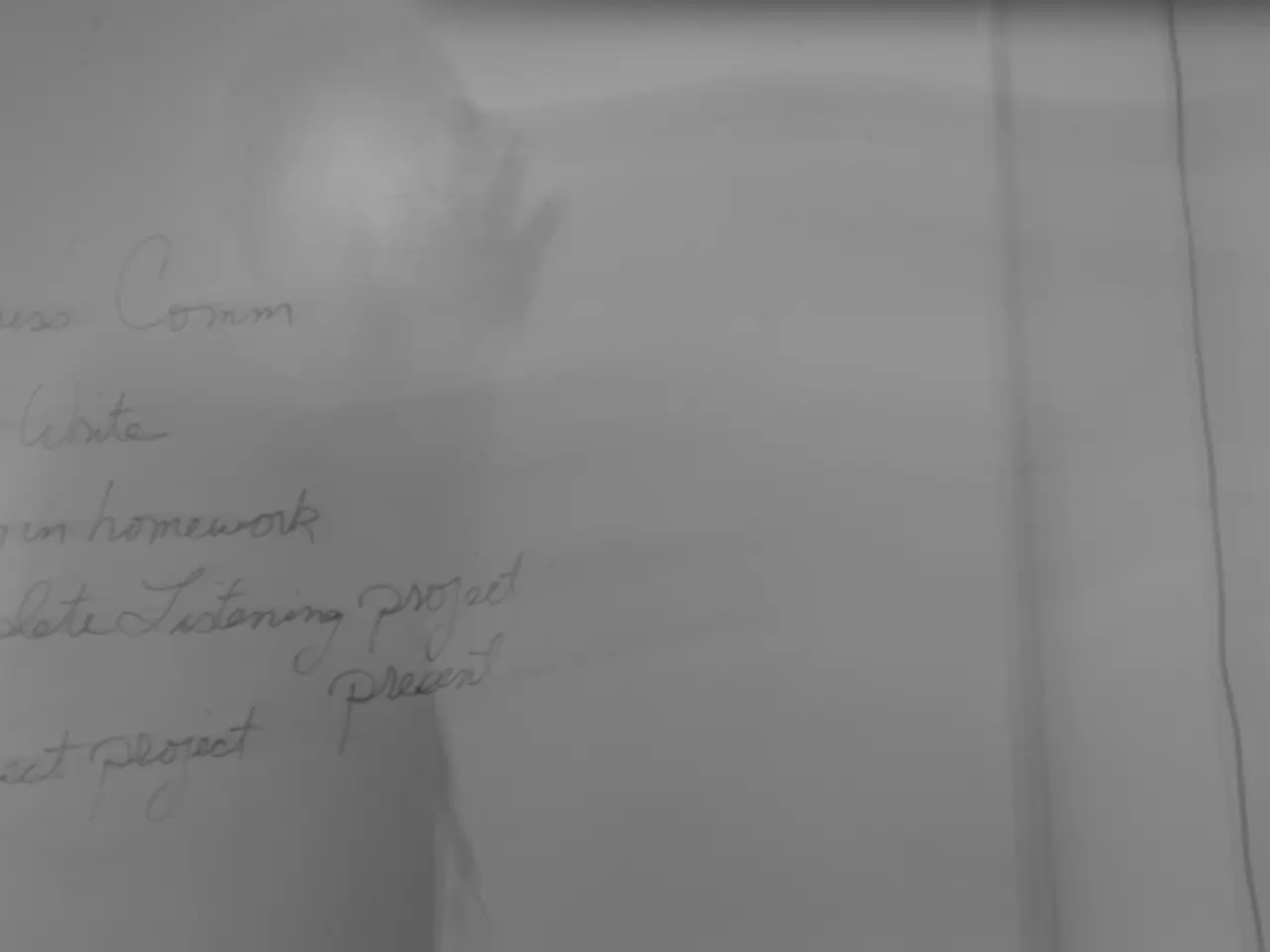National security concern identified: Tax evasion recognized as a significant national weakness; reforms proposed for enhancement
The Supreme Council of National Defense (CSAT) of Romania has recently identified tax evasion as a major threat to the country’s economic security and has called for a firm, coordinated response from all relevant institutions to dismantle evasion and fraud networks.
In a bid to combat tax evasion, the CSAT has proposed a multi-pronged strategy. This includes intensifying tax inspections and controls, accelerating the digital transformation of the fiscal system, using all available legal mechanisms to recover damages caused by tax evasion, and developing a coherent and robust legal framework to guide the fight against tax evasion.
The proposed legal framework aims to strengthen the state budget, improve public institutions' ability to deliver quality services, and reduce inequality among taxpayers. It includes clearer oversight and intervention structures for relevant authorities, strict ethical standards for public employees involved in tax administration, and measures to ensure transparency and facilitate better monitoring and tracking of tax compliance.
In addition, Romania’s broader tax reforms between 2023 and 2025, aligned with EU directives, introduce measures to combat tax evasion and enhance fiscal transparency. These include a 15% minimum corporate tax for large multinational groups, a turnover-based tax for companies exceeding €50 million in revenue, and stricter compliance and targeted levies in key sectors such as energy and banking.
Meanwhile, the war in Ukraine remains a key topic of strategic concern for the CSAT. Romania reaffirmed its deep interest in Ukraine's security as a neighboring state and member of both NATO and the European Union. The CSAT reiterated its support for the United States' efforts to end the armed conflict in Ukraine and emphasized that peace negotiations cannot move forward without the involvement of Ukraine and the European Union.
In a separate matter, the CSAT discussed the serious situation at the flooded Praid Salt Mine, a key component of Romania's strategic and economic infrastructure. Reports raised questions about the safety of operations, the well-being of nearby communities, and compliance with environmental and mining regulations at the Praid Salt Mine. The council agreed upon several urgent directions of action, including ensuring the safe operation of the mine to protect workers, local residents, and natural resources. Two possible long-term solutions for the Praid Salt Mine were evaluated: the rehabilitation of the old mine and the construction of a new facility for tourism and production purposes.
The overall level of cyber threats in Romania remained high last year, according to the 2024 activity report of the National Cyber Security Directorate (DNSC). The CSAT did not discuss Romania’s military engagements abroad, the structure of Romanian armed forces, or Romania’s commitments to international peace and security in the current paragraph. However, the council did call for a firm, coordinated response from all relevant institutions to dismantle evasion and fraud networks, and these deployments form part of Romania's commitments to international peace and security, particularly through NATO and other allied frameworks.
The CSAT firmly rejected any Russian attempt "to divide Europe into spheres of influence." Romania condemns Moscow’s lack of political will to pursue peace and refusal to agree to a full, immediate, and unconditional ceasefire.
This article provides an overview of the CSAT's recent decisions and discussions, focusing on tax evasion, the Ukraine crisis, and the Praid Salt Mine. It highlights the council's commitment to strengthening Romania's economic stability, ensuring the safety of its citizens, and upholding its international responsibilities.
The proposed legal framework, aimed at combating tax evasion, seeks to strengthen the state budget and improve public institutions' ability to deliver quality services across industries such as finance, politics, and general-news. This framework emphasizes transparency, ethics, and monitoring, incorporating measures to tackle tax fraud networks and ensure compliance in sectors like energy and banking.
In addition, a potential increase in crime-and-justice cases might surface with the introduction of stricter tax compliance and targeted levies, as non-compliant individuals could face legal consequences, potentially leading to investigations or court proceedings. This potential development highlights the interconnected nature of various aspects of Romania's policy-making.




